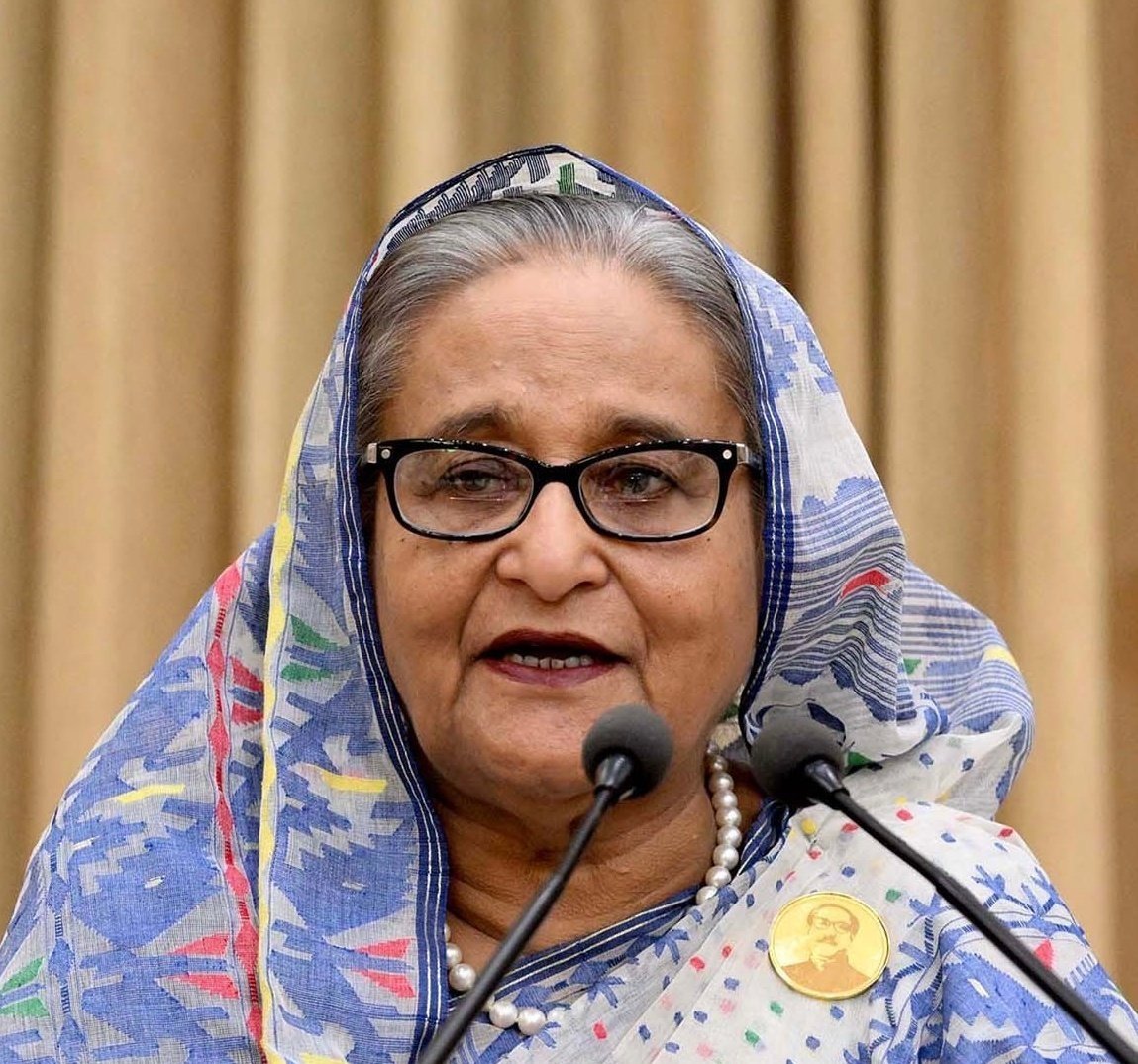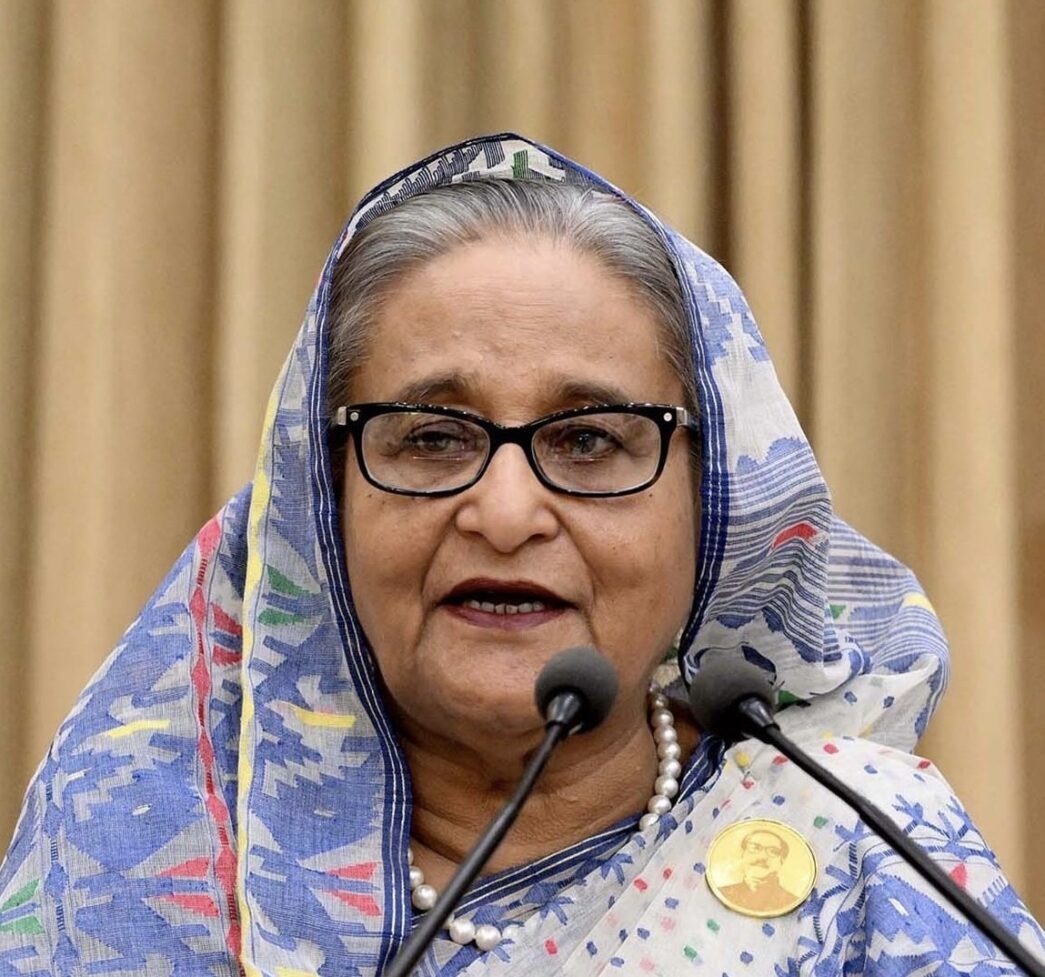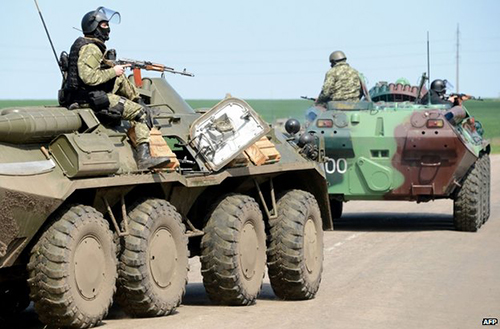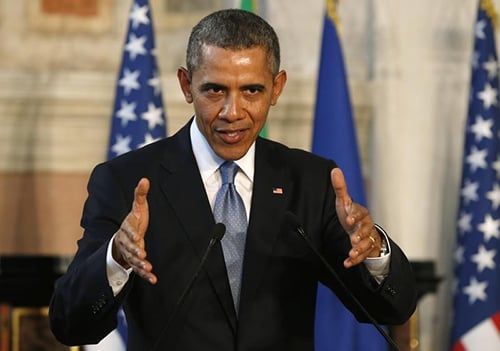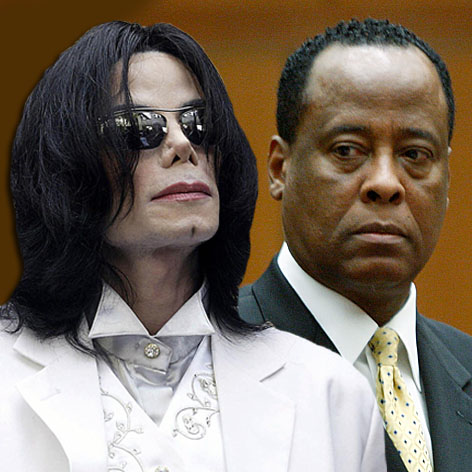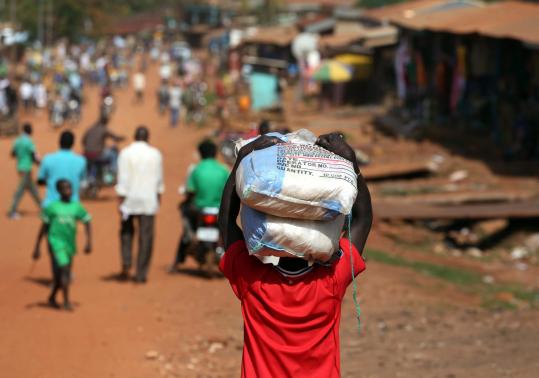Sheikh Hasina
Sheikh Hasina, the deposed prime minister of Bangladesh, has been sentenced to death by the country’s international crimes tribunal for crimes against humanity.
The case stems from an unrest between July 15 and August 5, 2024, when Hasina was said to have ordered a deadly crackdown on a student-led uprising.
According to a United Nations report, up to 1,400 people may have been killed and many more injured most by gunfire from security forces in what became Bangladesh’s worst violence since the 1971 war of independence.
The students were protesting against unemployment, rising costs of living, and long-standing grievances about government.
Advertisement
They accused the government of stifling dissent and demanded sweeping reforms, including the resignation of senior security officials and justice for earlier incidents of police brutality.
Prosecutors told the court on Monday that they had uncovered evidence of Hasina’s direct command to use lethal force to suppress the student-led uprising.
The court ruled that the attacks during the protests were “directed against the civilian population”, and “widespread and systematic”.
Advertisement
“Therefore, in the atrocities of killing and gravely injuring protesters, as aforesaid, accused Prime Minister Sheikh Hasina committed crimes against humanity by her incitement order and also failure to take preventive and punitive measures under Charge 1,” the court ruled.
“Accused Sheikh Hasina committed one count of crimes against humanity by her order to use drones, helicopters and lethal weapons under Charge number 2.”
Speaking from exile in India, Hasina rejected the ruling as “politically motivated”.
Her interior minister and police chief were also found guilty. But only former police chief Abdullah al-Mamun was present in court for the sentencing.
Advertisement
Meanwhile, the interim government described the judgment as “historic”, urging citizens to remain calm, restrained and responsible.
The verdict immediately heightened tensions across the country. Security was ramped up in major cities, including Dhaka, where tear gas was used to disperse protesters.
Ahead of the judgment, Bangladesh had already been on edge, with at least 30 crude bomb explosions and 26 vehicles set ablaze in recent days.
Sajeeb Wazed, Hasina’s son, also a former adviser in her government, told reporters he had anticipated the death sentence.
Advertisement
He said she is safe in India and “will be protected by Indian security forces”.
The tribunal was established in 2010 by Hasina’s own Awami League government to prosecute atrocities from the 1971 liberation war. It was reconstituted by the interim administration after her ouster in August 2024.
Advertisement
